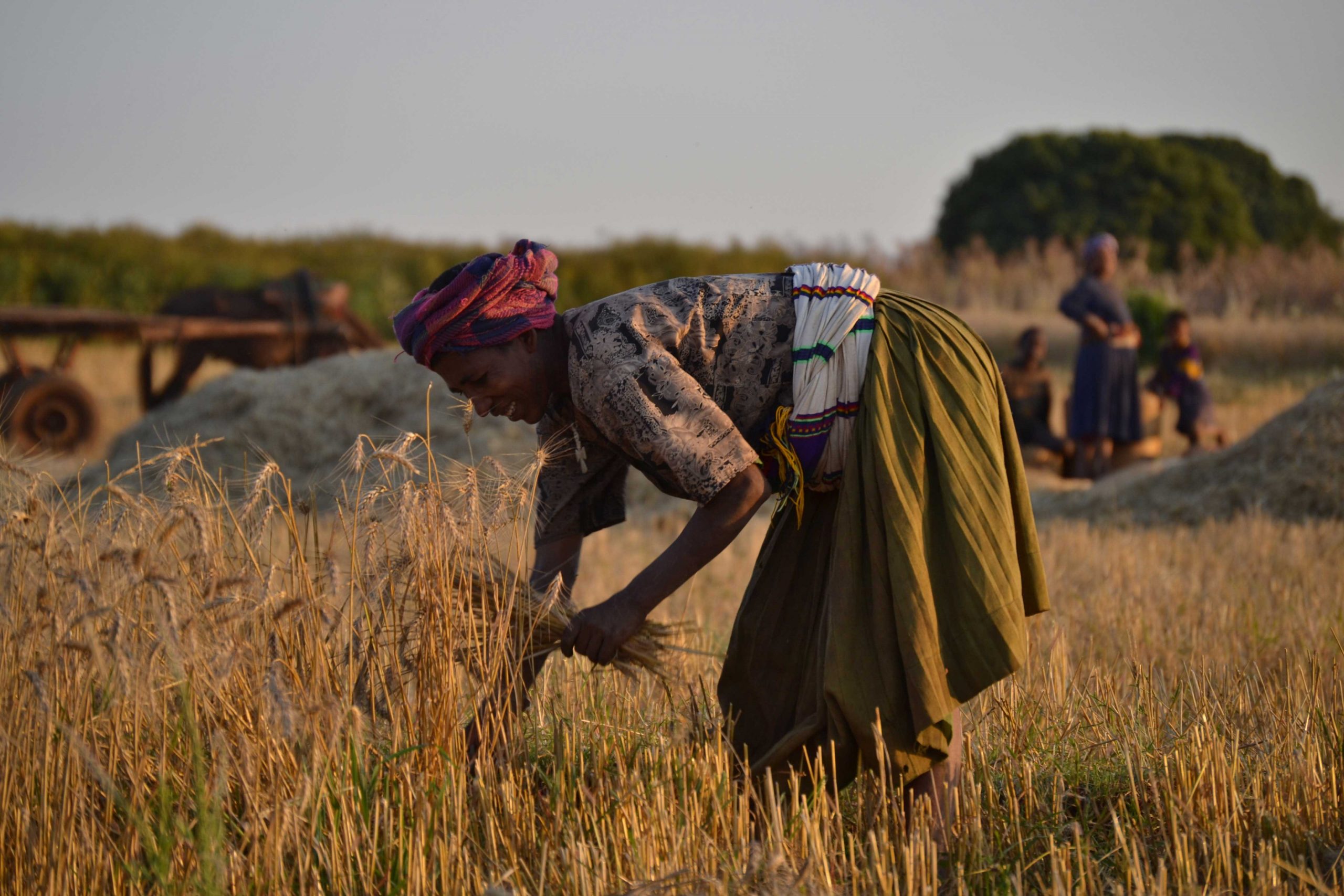In a recent address at the ‘Agri Connections 2024’ event held at the Expo Centre, Finance Minister Muhammad Aurangzeb articulated a compelling vision for leveraging Pakistan’s current economic momentum to revolutionize its agricultural landscape.
Highlighting the robust growth in the agriculture sector alongside other favorable macroeconomic indicators such as declining inflation rates, a strong currency value, substantial remittance inflows, burgeoning forex reserves, and a thriving stock market, Minister Aurangzeb underscored the conducive environment for catalyzing transformation in agriculture.
Central to this vision is the imperative to bolster modern agricultural warehousing infrastructure, facilitating efficient trade of agricultural commodities both domestically and internationally. Emphasizing the need for substantial scale-up in modern agri warehousing under the Enhanced Warehouse Receipts (EWRs) financing scheme, the Minister advocated for enhanced collaboration between the private and financial sectors to drive this initiative forward.
Echoing these sentiments, Ahsan Rana, an esteemed Associate Professor at LUMS, shed light on the regulatory hurdles constraining the growth of the agricultural sector, particularly pertaining to the overly regulated seed system. Rana proposed a paradigm shift towards a more flexible and facilitative regulatory framework, advocating for voluntary compliance and streamlined enforcement mechanisms to foster innovation and growth in the seed industry.
Similarly, Maria Saleem, the General Manager of Agri-Business at Fatima Group, outlined the vast untapped potential within Pakistan’s agricultural landscape. By optimizing wheat yields per acre and reallocating land from cotton cultivation to high-value crops such as canola/raya, Saleem projected significant economic gains for the country, with potential additional revenues amounting to billions of dollars.
In essence, the convergence of favorable economic conditions, innovative regulatory reforms, and strategic agricultural interventions holds the promise of unlocking Pakistan’s agricultural potential and positioning the sector as a key driver of economic growth and prosperity.


